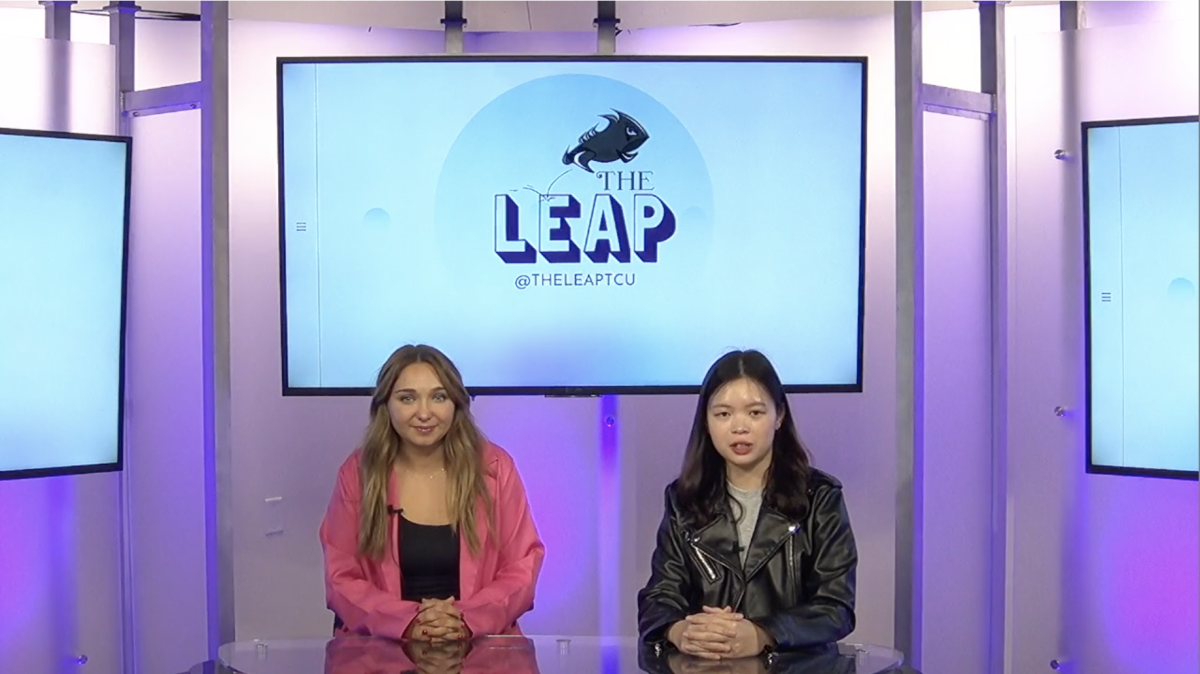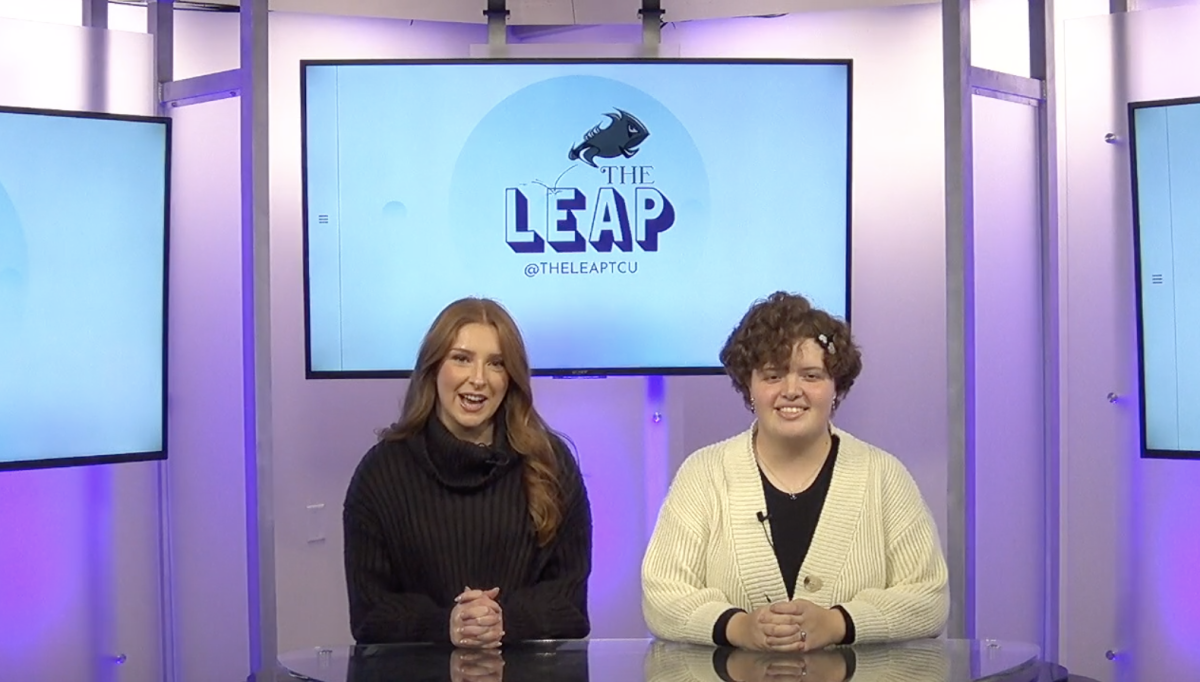Countless news articles in recent days have expressed fear over Iran developing nuclear weapons — many of which have quoted tangible fears from well-respected American officials. U.S. Defense Secretary Leon Panetta forecasted a likely strike on Iran by Israel between April and June of this year, and some senior U.S. intelligence officials even believe Iran might launch a strike on American soil.
In response, the U.S. Navy is beefing up its presence in the region, placing many options on the table should Iran engage in military action or close the Strait of Hormuz, a key oil supply channel it partially controls.
With so much going on in the region right now, it can be easy to lose focus on why the crisis started in the first place. To understand this or any conflict, we have to go back and examine the motives for Iran getting a nuclear weapon in the first place.
In 1953, the democratic government in Iran under Iranian Premier Mohammad Mossadeq was overthrown, replaced by the authoritarian Mohammad Reza Shah Pahlavi by the CIA. The Shah’s tenure lasted for over a quarter of a century before finally coming to an end under the Iranian people’s wishes in 1979.
This may seem ironic considering our current involvement in Afghanistan, which has been going on for over a decade, and in Iraq where fighting had gone on for nearly nine years, all in an attempt to “spread democracy.”
However, this apparent double standard has a more recent counterpart: Osama bin Laden. While we think of him as the recently deceased terrorist who killed nearly 3,000 Americans on September 11, 2001, he was supported by the CIA in the Soviet-Afghan War.
The CIA saw bin Laden and the mujahedin as allies in what became the proxy war that led to the demise of the Soviet Union, but this strategy quickly backfired as disenchantment grew over the Persian Gulf War and American troops stationed in Saudi Arabia.
This led to the formation of al-Qaeda in 1989 and terrorism against the U.S. ever since in a classic example of blowback.
Ralph Carter, a professor of political science at TCU, said he believed the two sides could reconcile their differences.
“There’s a lot of hurt that each side would have to get over, but it is possible that there would be a renewed friendship between the two nations,” he said.
He noted that Americans still remembered the 1979 hostage crisis that lasted over a year under the Carter administration, and Iranians still remembered the 1953 coup that ousted a democratically elected leader in favor of a more pro-Western dictator.
However, he also noted that youth in Iran were likely more pro-Western than their ancestors and were becoming increasingly disenfranchised with the current leadership under President Mahmoud Ahmadinejad.
The geography of the region has also played a factor. Syria, a major ally of Iran, is experiencing severe internal instability over President Assad and the violent bloodshed that has occured recently.
While this weakens Iran’s stance in the region, it also has Hezbollah in Lebanon as its ally, which neighbors Israel and is considered a terrorist group by the U.S.
A proxy war is seen as being likely according to Carter, and Hezbollah has the capability to win a ground war against Israel even with Israeli air superiority. This may compel Israel to be more transparent with its own nuclear weapons program as a deterrent against similar attacks.
Tension in the Middle East is increasing rapidly, and the United States can do its part to curtail it. North Korea was able to acquire a nuclear weapon because of foreign policy mistakes made under the Bush administration, such as dubbing it part of the so-called “axis of evil” and thus making diplomatic improvements impossible through its demagoguery.
Now, with Iran as another “axis of evil” country likely on the verge of also acquiring a nuclear weapon, the time is now for the Obama administration to learn from these mistakes and become friends with Iran again.
Jack Enright is a junior political science and economics double major from Tomball.






